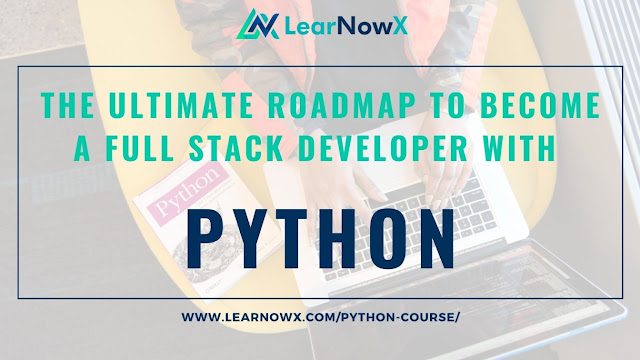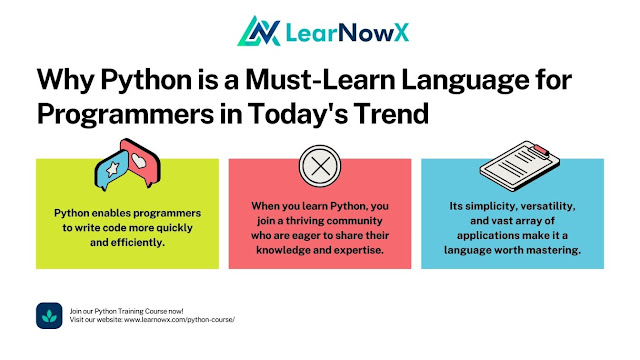Is Python a Good Language for People New to Programming?
Whether you are nurturing ambitions of becoming a developer, harboring an enthusiasm for data, or seeking to elevate your skill arsenal, rest assured that this comprehensive guide is tailored to your needs.
Getting Started with Python
1. Setting Up Your Environment
Before you dive in, ensure you have Python installed on your system. You can download it from the official Python website. Consider using virtual environments to manage your projects and dependencies efficiently.
2. Mastering the Basics
Begin with the fundamentals: variables, data types, and basic operations. As you progress, grasp control structures (if statements, loops) and functions. Practice is key—work on small coding exercises to solidify your understanding.
3. Exploring Advanced Concepts
Once you're comfortable with the basics, venture into more advanced areas. Object-oriented programming, file handling, and exception handling are crucial skills. Additionally, acquaint yourself with libraries like Matplotlib for data visualization.
Python in Real-World Applications
Python's influence spans far and wide, making it an essential skill in various industries:
1. Web Development
Python's simplicity and robust frameworks like Flask and Django make web development efficient and enjoyable. Create dynamic websites with ease.
2. Data Analysis and Visualization
Data professionals adore Python for its data manipulation prowess. Libraries like Pandas and Seaborn enable you to analyze and visualize data effectively.
3. Artificial Intelligence and Machine Learning
Python shines in AI and ML due to libraries like TensorFlow and PyTorch. Build predictive models, neural networks, and more.
4. Automation and Scripting
Simplify tasks by writing scripts. Python's versatility makes it perfect for automating repetitive actions.
Charting Your Python Trajectory
Your Python journey is unique, and it's crucial to set clear goals:
1. Define Your Objectives
Are you aiming for web development, data science, or something else? Define your path to tailor your learning experience.
2. Learning Resources
Utilize online tutorials, documentation, and interactive coding platforms like Codecademy and LeetCode to enhance your skills.
3. Personal Projects
Apply your knowledge by working on personal projects. Building practical applications solidifies your understanding and showcases your expertise.
Conclusion
As you embark on your Python journey, remember that persistence is key. Python's versatility, supportive community, and practical applications make it a rewarding language to learn. Whether you're aspiring to be a developer, data analyst, or AI enthusiast, Python will be your steadfast companion. Start coding, keep exploring, and unlock a world of endless possibilities.
Ready to embark on your Python journey? Unlock the full potential of this dynamic language with our guidance. Elevate your skills, conquer new challenges, and broaden your horizons. Don't miss out on the opportunity to become a Python pro! Enhance your learning experience with the LearNowx Python Training Course, designed to empower you with practical knowledge and hands-on expertise. Enroll now and pave the way for a future brimming with possibilities.
Start your Python journey today and witness the transformation of your coding prowess!


Comments
Post a Comment